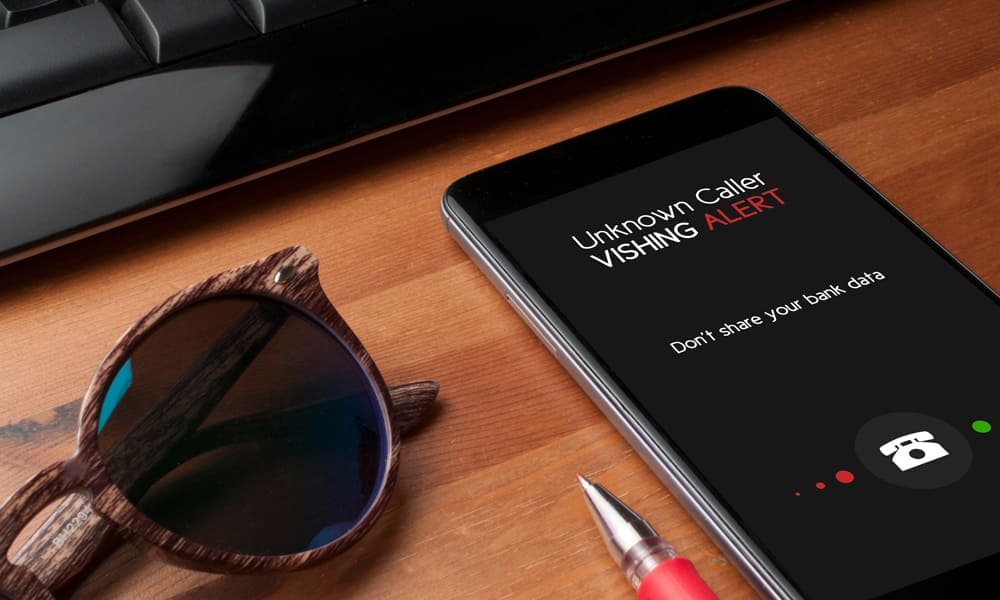People in Guernsey have been warned to remain vigilant after an IT expert reported that three firms fell victim to a vishing scam in a single day. The Office of the Data Protection Authority (ODPA) has received numerous reports of a rise in vishing scams, urging islanders to “exercise extreme caution.”
The Tactics of Fraudsters
The ODPA has highlighted the tactics used by fraudsters who pose as representatives of banks or other organisations. These crooks make phone calls, convincing their targets to download malicious software. The ODPA advises, “If you receive an unexpected call – no matter how credible it sounds – hang up and contact the alleged caller using a trusted means of communication such as a number from the company’s website.”
Islanders have been particularly cautioned about fraudsters using the worldwide IT outage as a cover story. Pierre Jehan, director of a Guernsey IT company, noted that three of his customers were victims of a “sophisticated” scam, granting a group of fraudsters complete control over their computers.
The Vishing Threat
This type of scam, known as vishing, relies on phone calls to trick individuals into compromising their IT systems. In these cases, fraudsters with perfect English accents pretended to be from NatWest, persuading victims to download software. Users noticed their mouse cursors moving independently, a clear sign of external control.
Fortunately, none of the businesses suffered financial losses in this instance. However, the fraudsters’ convincing English accents led people to trust them. This incident underscores the importance of fraud prevention and fraud awareness in protecting oneself from such schemes.
NatWest Issues Warning
NatWest has acknowledged the rise in vishing scams on its website, stating it is “aware that fraudsters have recently been calling customers impersonating the bank.” They warn that fraudsters might ask customers to download software to gather information from their devices. NatWest advises, “If you think fraudsters may have targeted you, hang up and contact us immediately using the number on the back of your card or one of our published numbers.”
According to new statistics released by the ODPA, Guernsey experienced 39 personal data breaches in the second half of last year, affecting over 14,000 people. Brent Homan, the Bailiwick’s Data Protection Commissioner, stressed the importance of “attention to detail” when handling sensitive information.
Homan advised, “When sending out sensitive information, it is always a good practice to ‘pause and verify’ before you hit that send button.” This simple step can prevent many potential data breaches and scams.
Understanding Vishing
Vishing, or voice phishing, is a fraudulent practice where fraudsters use phone calls to trick individuals into revealing personal information or performing actions that compromise their security. Unlike email phishing, vishing uses the human voice to exploit the victim’s trust and urgency. Fraudsters often impersonate reputable organisations, making the scam appear legitimate. This method has proven highly effective, leading to increased incidents worldwide.
To prevent vishing attacks, you must:
- Always verify the caller’s identity before taking any action.
- Use official contact numbers from the organisation’s website rather than relying on numbers provided during unsolicited calls.
- Be wary of requests to download software or provide personal information.
Staying Vigilant
The rise in vishing scams in Guernsey is a stark reminder of the need for heightened fraud awareness and proactive fraud prevention measures. By staying informed and cautious, individuals can protect themselves from falling victim to these sophisticated scams. Remember to verify identities, use trusted communication channels, and report suspicious activities immediately. Through collective vigilance, we can mitigate the risks posed by fraudsters and safeguard our personal and financial information.
Vishing is a scam that can be challenging to prevent, but the key lies in making the right decisions once you are targeted. It is crucial to stay calm and never let yourself be pressured into making hasty decisions over the phone. Fraudsters often create a false sense of urgency to manipulate their victims into actions that can result in significant financial losses and emotional distress. Always take a moment to think and verify the information before proceeding. Trust your instincts—if something doesn’t feel right, it probably isn’t. Remember, you have the power to protect yourself by staying vigilant and composed.



